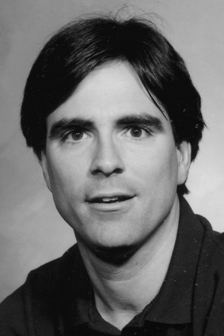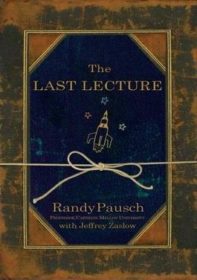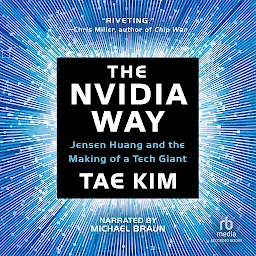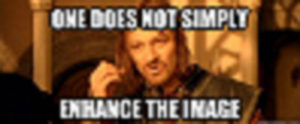I detest receiving books as gifts in the workplace. Such books are usually of the soulless sort, the sort that are written around some lifeless corporate motto that is supposed to inspire a new employee to work overtime when needed. So, when I walked into my first day at work at Carnegie Mellon University (Australia campus) and saw the person in charge of my induction training holding a book obviously destined to end up in my possession, the invisible eyes of my invisible soul rolled as far back as possible into my invisible soul’s head. But I felt guilty about this reaction shortly after when I was told what the book was about: a past Carnegie Mellon University professor’s last lecture shortly before dying of cancer. “This could actually be interesting”, I thought, and mentally added the book to the bottom of my “To Read” list.
That happened over a year ago. I’ve been incessantly pestered ever since by the person in charge of my induction to read this book. But what can one do when one’s “To Read” list is longer than the actual book itself? However, I finally got round to it, and I’m glad I did. Here are my thoughts on it.
The book in question is entitled “The Last Lecture” and was written by Randy Pausch. Randy was a computer scientist (like me!), a professor at CMU (like me!), with significant previous experience in the industry (also like me!) – a kindred soul it seems. In August 2007, he was told he only had 3-6 months left of his life as a result of pancreatic cancer. The following month he gave his final lecture at CMU in Pittsburgh and then wrote this book about that event.
His final lecture was entitled “Really Achieving Your Childhood Dreams”. During this talk he showed approximately 60 slides each with a single picture meant to, in one way or another, reference a childhood dream that he was able to fulfil or at least attempted to fulfil. But, as he states at the end of the book, the lecture topic was really a feint (or “head fake”, to use his NFL terminology) from his primary aim: to give a lecture for his three children aged 6, 3, and 18 months, in order for them to see who their father was and to pass down any wisdom that he had accrued in his life that he would have liked to have given them over time. It was heart-wrenching for him to think about his children not having their father present growing up and not having solid memories of him. So, he wanted to give them something concrete to look back on as the years after his death progressed.

Randy was very concise in squeezing a lifetime of thoughts into a 60 minute talk – but from it a few things definitely stood out for me.
Firstly, it was his career as an educator, rather than as an academic. He definitely emphasised the former over the latter. Professor Pausch had a passion for teaching. He was damn good at it, too. The stories that he had about how he inspired students throughout the years and also about his (sometimes unorthodox) teaching methods are stirring and stimulating to a fellow educator like myself. He strove to make a difference in each and every students’ life. In a way, he felt like he was an extension of their parents and it was his duty to convey to students as much as he could, which included things like life experiences. Yes, he was a true educator and he showed this well in his book. He undoubtedly wanted his children to know this part about himself. He wanted them to be proud of his passion and his great adeptness at it.
Another thing that stood out for me was the wisdom conveyed in this book. When faced with death, any honest person is going to make significant re-evaluations of their values, will inevitably see and experience things from a different perspective, and will undoubtedly view past experiences in a different light. It is always worth reading the thoughts of such a person because you know that they will be rich and profound and definitely not soulless. Randy’s short book is full of such thoughts.
The last thing I want to mention is that “The Last Lecture” is permeated with a fighting spirit that overflows into a sense of celebration of life. Despite staring death in the face Randy still managed to let an optimistic outlook govern his everyday workings:
Look, I’m not in denial about my situation. I am maintaining my clear-eyed sense of the inevitable. I’m living like I’m dying. But at the same time, I’m very much living like I’m still living.
He lived his final months in this spirit and has conveyed this also well in his book, if only for the simple fact that the book is full of humour. We can learn a lot from such an outlook on life. The man would have been a great guy to have a coffee with in the staff room, for sure.
In conclusion, Professor Pausch achieved his aim of leaving something for his children to remember him by, to be proud of, and to inspire and teach them as they themselves tread through life. Simultaneously, however, he left a lot for us, too. I can see why I was given this book on my induction day at Carnegie Mellon University. Randy’s children I’m sure are proud of him. And now I am proud myself knowing that I am teaching at the same institution as he once did.
(Employers please note: this is how you legitimately make an employee want to work overtime after an induction session)
To be informed when new content like this is posted, subscribe to the mailing list (or subscribe to my YouTube channel!):




Another book which has greatly impressed me: When Breath Becomes Air by Paul Kalanithi. I’m planning to read this again before the year ends.